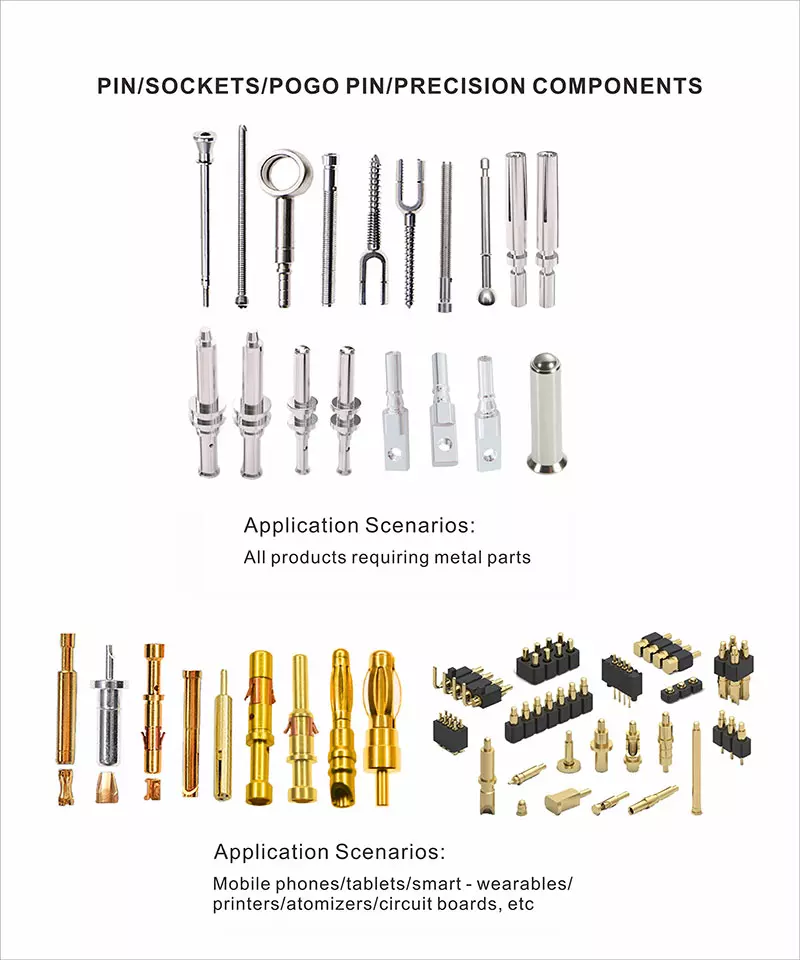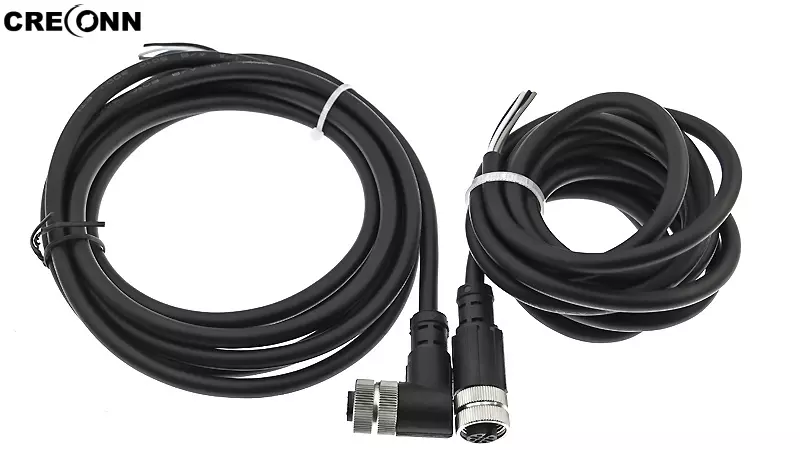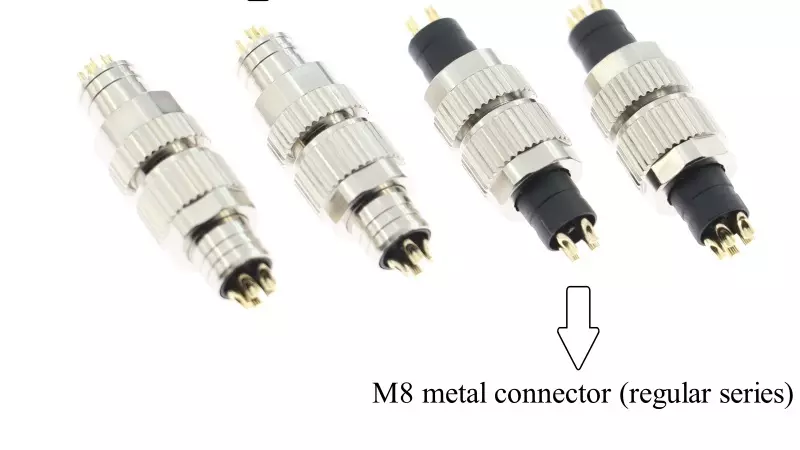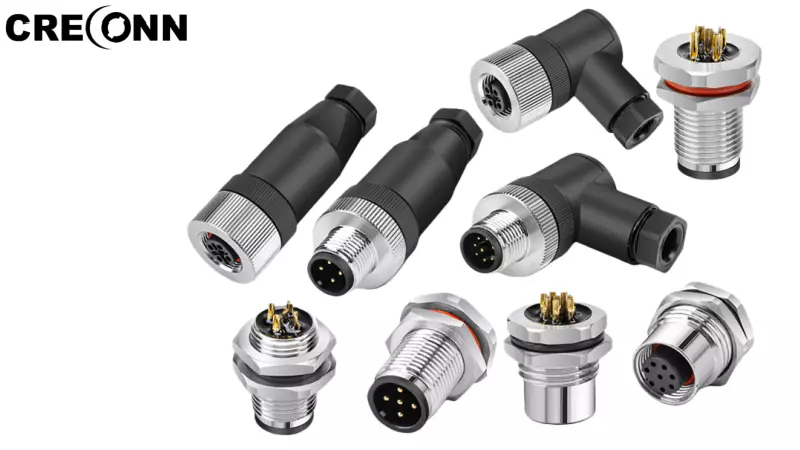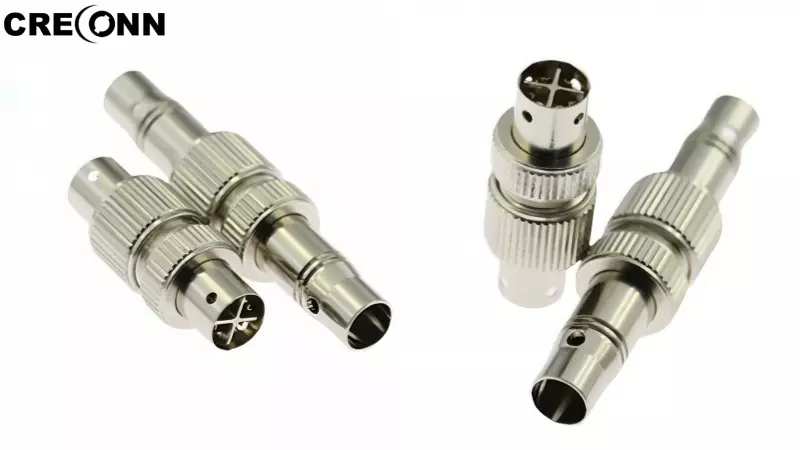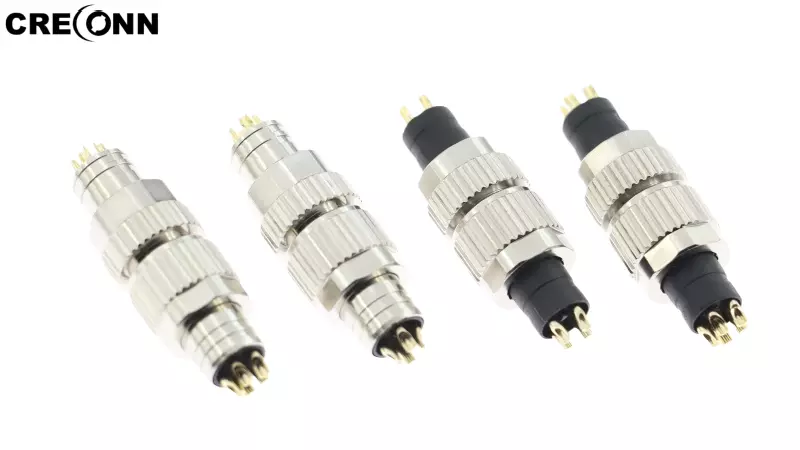How to Choose Materials for Custom Pins
How to Choose Materials for Custom Pins
Material selection for custom pins directly impacts performance, lifespan, and cost. Focus on these 3 key materials:
1. Brass
The most widely used option (copper-zinc alloy) with key strengths:
• Excellent conductivity (≈80% IACS) for low-to-medium currents (≤50A), ideal for phone chargers and small appliances.
• Easy to machine (precision to 0.01mm) with low mass production costs.
• Surface treatments like nickel plating (for moisture resistance) or tin plating (for weldability) boost versatility.
2. Phosphor Bronze
Tin-alloyed, prized for superior elasticity:
• Maintains stable contact pressure (0.3-0.8N) after 10,000+ insertions, perfect for medical devices and test equipment with frequent use.
• Better fatigue/ corrosion resistance than brass (conductivity ≈60% IACS), suits dusty or temperature-fluctuating environments.
3. Beryllium Copper
High-end choice with robust performance but higher cost:
• 2x stronger than brass, withstands temperatures over 200℃, ideal for aerospace/military use with high currents (≥100A).
• Hard to machine (needs special tools) and requires strict handling due to toxic beryllium—use only when other materials fall short.
Tips:
• Prioritize brass for low cost/current, phosphor bronze for frequent use, beryllium copper for extreme conditions.
• Match with post-processing: tin-plated brass for welding, nickel-plated for salt spray resistance.
Guangdong Corecon Precision Industry Co., Ltd. has been a professional manufacturer of pins, sockets,pogo pins, pogo pin connectors and hardware CNC precision parts in China for 18 years. And we have gotten certificate of ISO9001 and IATF16949. If you have any questions about the pin and socket industry, please contact us and we will provide you with free, one-stop professional solutions within 24 hours.
